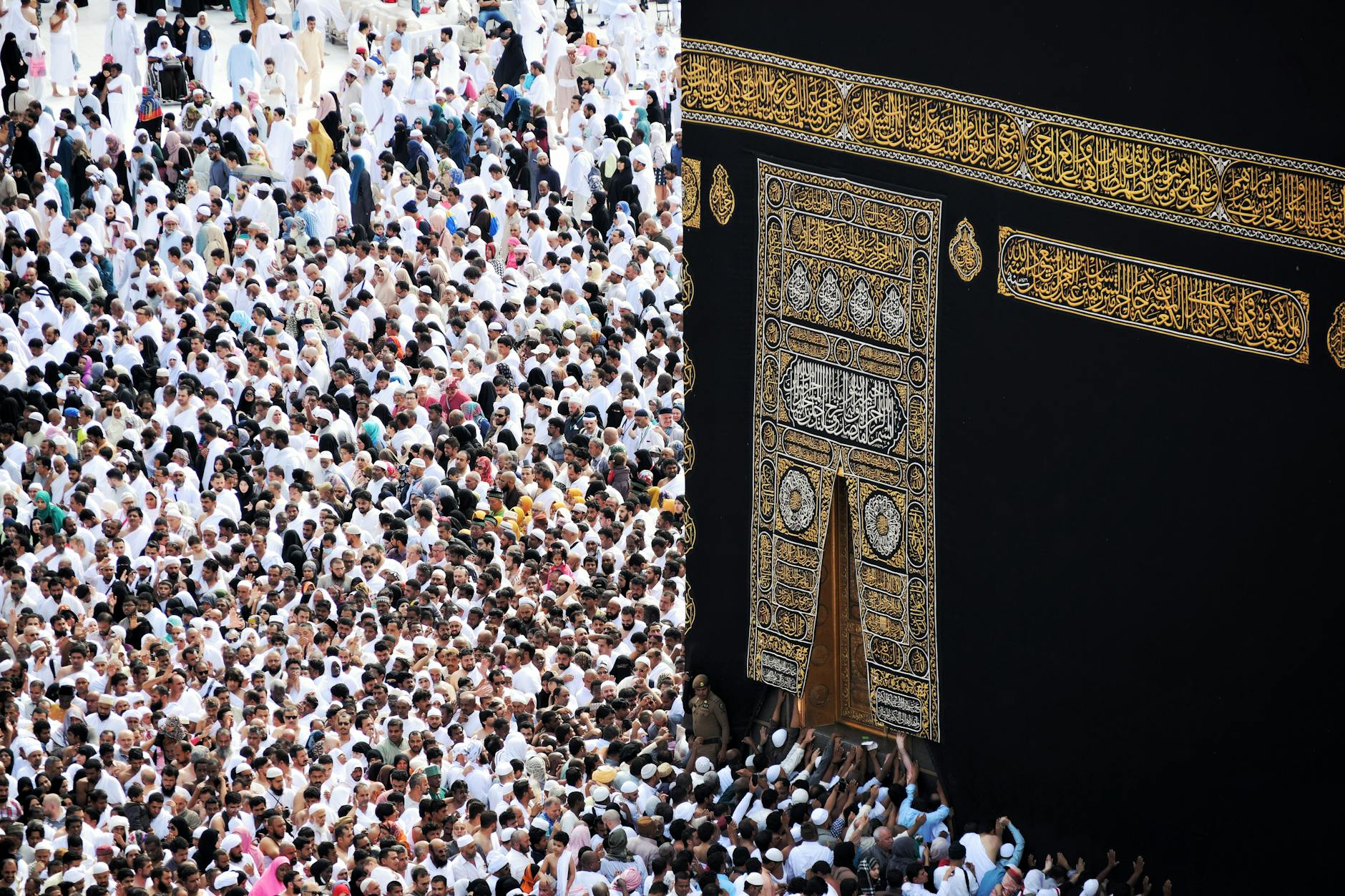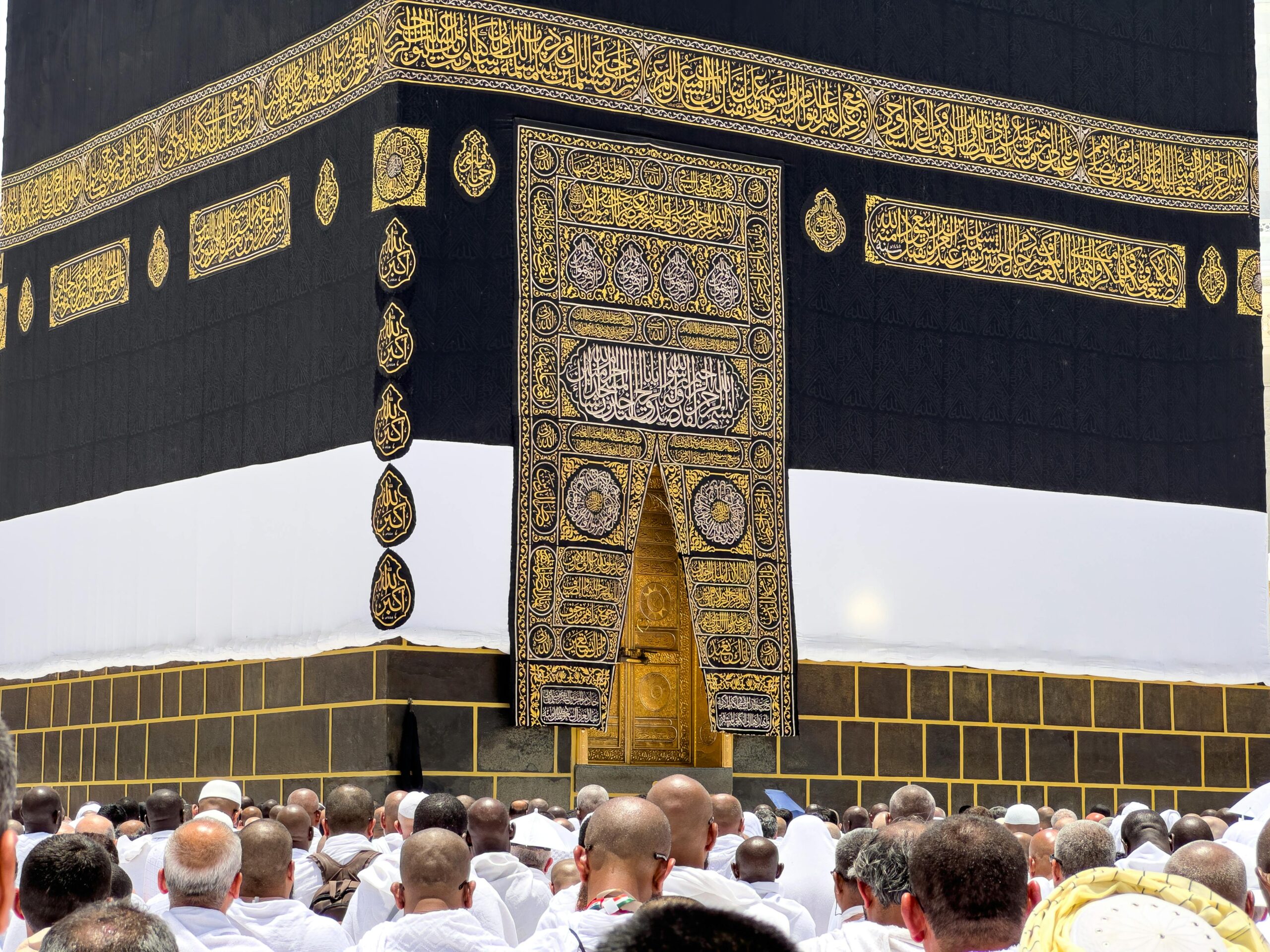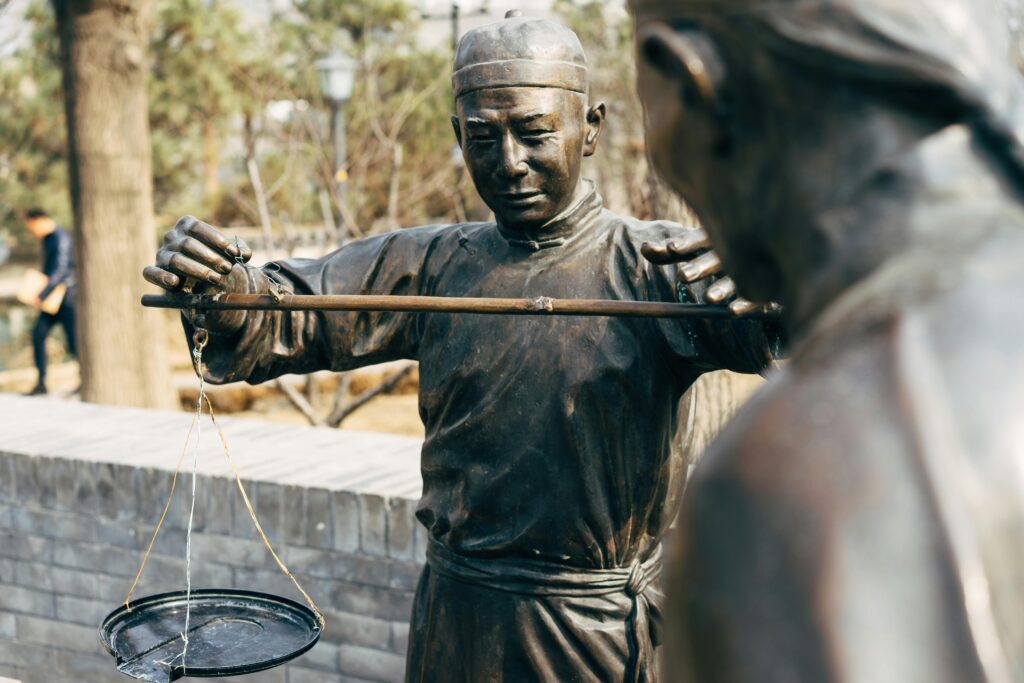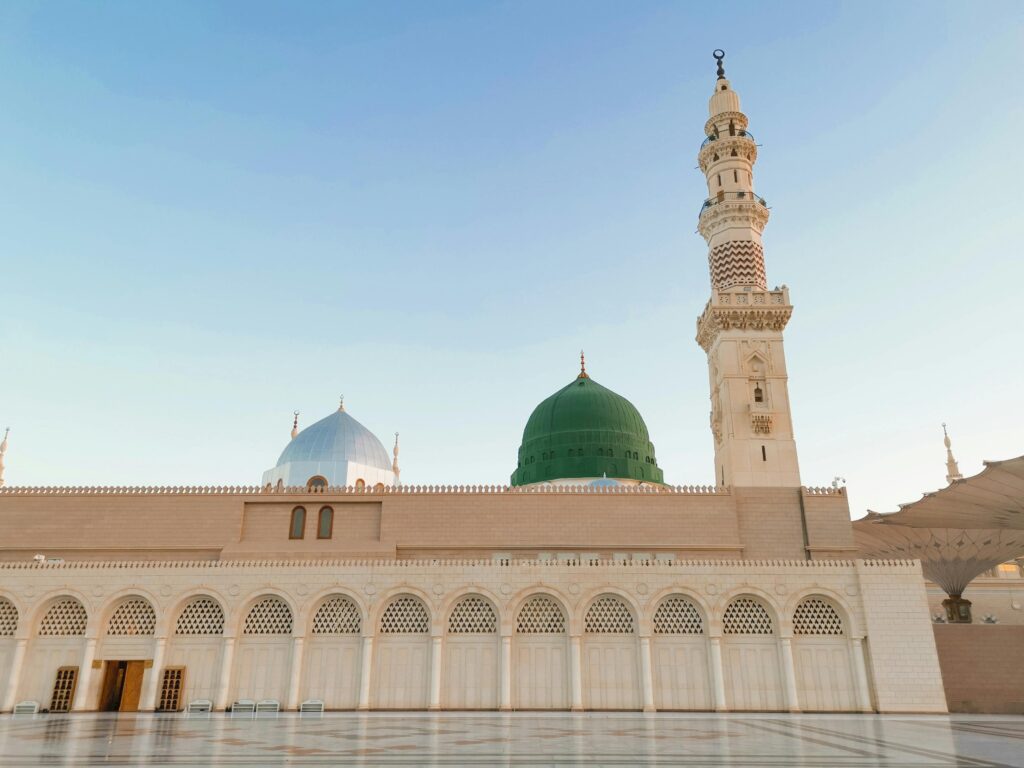Daily Life in Mecca After the First Revelations (How Islam Changed Everyday Habits and Values)
Daily life in Mecca used to center around its busy markets, thriving trade caravan routes, and frequent religious festivals linked to the many idols kept at the Ka’ba. People lived by strong tribal traditions, with each tribe managing its own affairs and settling disputes when they could. The city thrived on the seasonal pilgrimage, drawing visitors from all corners of Arabia.
When the first revelations reached Muhammad in 610, everything started to shift. The message upended old beliefs, asking people to turn away from idol worship and unite under a single God. This sparked new conversations, changed morning routines, and soon created sharp divisions between those ready for change and those who clung to their familiar ways. Even in the earliest days, change could be felt in daily habits, values, and community ties.
Mecca Before the Revelations: Culture and Daily Life
Before Islam, Mecca buzzed with energy. Its streets were filled with travelers, merchants, and pilgrims. The city was the main stop for many trade routes, and people from all over Arabia mingled in the markets and near the famous Kaaba. The rhythms of daily life were shaped by tribal customs, local beliefs, and social structures that now feel worlds away from what Mecca would soon become.
Religion and Spiritual Practices
Mecca was at the heart of Arabia’s religious world. People here practiced polytheism and idol worship, paying respects to hundreds of gods and spirits. The Kaaba, today the most sacred site in Islam, then held around 360 idols representing different tribes and local beliefs. Offerings, poetry recitals, and rituals centered around these idols were part of social gatherings and seasonal festivals. This diverse religious scene brought together people from many backgrounds but didn’t unite them under any single creed. For more insights on the spiritual variety of that era, see the full overview of religion in pre-Islamic Arabia.
Tribal Loyalties and Social Structure
Life in Mecca was organized around tribe and family. Each tribe functioned almost like a mini-nation, with its own set of rules, leaders, and values. Loyalty to the tribe came above almost everything else, and conflicts were often settled with the help of tribal elders or, sometimes, through feuds that could last for generations. Respect, honor, and support within these close-knit groups provided a safety net—but also created barriers between clans. The city itself mostly maintained peace by balancing these power blocks, especially during major pilgrimage seasons when violence was forbidden. More on the tribal society can be found at Pre-Islamic Arabia.
The Pulse of Trade and the Kaaba
Trade drove Mecca’s prosperity. Caravans passed through loaded with spices, textiles, incense, and luxury goods from Africa, the Levant, and Persia. The Kaaba didn’t just serve as a spiritual focus—it made Mecca a key commercial center. During pilgrimage seasons, markets overflowed and business boomed. The city’s leaders protected these gatherings, knowing their wealth depended on keeping both traders and pilgrims safe. Find out how central the Kaaba was as a religious and economic force at Pre-Islamic Arabia and the Kaaba.
Roles and Lives of Women and Marginalized People
Opportunity and rights depended largely on your tribal rank, gender, and status. Elite women could wield some influence within their families, but the culture allowed practices like female infanticide, and most women’s voices were limited by tradition. Marginalized groups—including orphans, slaves, and those without tribal protection—often found themselves at society’s edges, vulnerable and with few rights. Communal support was strong—but only if you belonged to the right group.
Everyday Social Habits
People in Mecca loved to gather. Social life often centered around public feasts, poetry competitions, wine drinking, and music. Hospitality was a prized value. Evenings might stretch late into the night with laughter, stories, and plans for trade. The Kaaba’s large courtyard was a backdrop for much of this daily life, from worship to negotiation.
Quick Facts Table: Mecca Before the Revelations
| Aspect | Everyday Reality |
|---|---|
| Religion | Polytheistic idol worship at the Kaaba |
| Top Social Unit | Tribe and extended family |
| Economy | Trade caravans, bustling markets |
| Role of Women | Limited rights, stronger for elites |
| Treatment of Outsiders | Often marginalized or dependent |
| Social Habits | Feasts, poetry, music, gatherings |
The world of Mecca before the revelations felt vibrant yet divided—a place filled with tradition, strong social ties, and clear boundaries shaped by family, faith, and commerce.
Immediate Changes After the First Revelations
The first revelations to Muhammad in Mecca turned quiet moments of routine into something extraordinary. At first, no official proclamation swept the city, but life subtly shifted around the Prophet and those closest to him. New beliefs and private habits began to shape a small circle. These changes reached deep, touching daily rituals, loyalty, and identity.
Shift to Monotheism and Worship Practices
The heart of the change was monotheism. Where families once stopped at shrines scattering the city, now early followers chose to worship one God, Allah. The message was clear: leave behind centuries of idol worship at the Kaaba. Switching to monotheism was no small matter; it meant breaking from old family customs and city traditions.
The new belief showed itself in actions. Early Muslims began to gather in small, hidden groups to pray, keeping their faith quiet for safety. Homes, especially the house of Arqam ibn Abi Arqam, became safe spaces for these new rituals, away from the watchful eyes of neighbors. Regular daily prayers, once unknown to Meccans, became anchors for this circle. The daily routine changed:
- Morning prayers replaced offerings to family idols.
- Silent reflection on Allah took the place of loud tribal rituals.
- Charity and honesty moved from just tribal expectations to sincere acts for God.
These shifts brought tension for many. Imagine choosing to ignore your family’s past in favor of a message that made you an outsider in your own city. Yet, for these first Muslims, the reward was a newfound sense of purpose. For more background on this early phase of private worship and its risks, the account of Islam’s secret beginnings in Mecca offers deeper detail.
Formation of the Muslim Community (Ummah)
Another immediate change was the creation of the first Muslim community, or ummah. Converts like Khadijah, Ali, and Abu Bakr led the way, acting as pillars for this new group. Supporting each other in faith, they became more than friends—they felt like family.
The early ummah was small but deeply connected. They gathered in secret, protected one another from gossip and attacks, and shared whatever they had. When you read about these first followers, it becomes clear that their bond was built on much more than just shared beliefs.
- Sense of brotherhood: It ran deeper than tribal ties, making someone’s faith matter more than their bloodline.
- Collective worship: Praying together, teaching each other, and supporting one another’s struggles became daily habits.
- Emerging identity: Calling themselves “Muslim” set them apart from neighbors, a new badge of belonging.
Support from core figures like Khadijah gave Muhammad both emotional encouragement and financial help. Young Ali faced growing pains as he took on belief before most of his age group, while Abu Bakr set the example in both word and action. This gathering of early believers soon stood out as a community inside a city that suddenly felt both familiar and new. A good background on how this close support group formed can be found in the Introduction to Islam from the Middle East Institute.
These early changes built the habits and practices that still shape Muslim daily life today. Even as the city watched from afar, inside this small group, faith and support transformed ordinary days into something full of meaning and solidarity.
Challenges and Social Opposition in Everyday Life
The first Muslims in Mecca didn’t just face skepticism; they endured real danger. Their new beliefs threatened tribal power, economic interests, and deep-rooted traditions. What started as whispers of mockery soon turned into physical attacks, family betrayals, and economic warfare. This wasn’t just about faith—it reshaped where they worked, who they trusted, and whether they could walk the streets safely.
Persecution and Hardship for Early Muslims
The backlash hit fast. Early converts like Bilal, Sumayyah, and even Muhammad himself faced brutal treatment. Mockery turned into beatings, social shunning, and organized boycotts designed to break their spirit.
Violence and Public Humiliation
Slaves and lower-status Muslims suffered the worst. Bilal, an Ethiopian slave, was tortured by his master who laid him on burning sand with a heavy rock on his chest. Sumayyah became the first martyr after being stabbed for refusing to renounce Islam. Freeborn Muslims weren’t spared either. Umar, before his conversion, once dragged his own sister by her hair for praying in secret. The goal was clear: force them back into the old ways.
Economic and Social Boycotts
When intimidation failed, the Quraysh leaders escalated. They declared a total boycott against Muhammad’s clan, the Banu Hashim, cutting off trade, marriages, and even basic supplies like food and water. For three years, families camped in a valley outside Mecca, surviving on whatever they could scavenge. The Meccan boycott wasn’t just financial—it was psychological warfare, meant to isolate and starve them into surrender.
Daily Life Under Pressure
- Work: Muslim merchants lost customers. Craftsmen found no buyers. Abu Bakr, once a wealthy trader, spent his fortune freeing persecuted slaves like Bilal, draining his savings.
- Home: Converts faced ultimatums—renounce Islam or be disowned. Families split; Khadijah’s death left Muhammad without his closest ally just as the persecution peaked.
- Community: Public prayers were dangerous. Followers met in hidden spots like Arqam’s house, swapping daytime routines for secret midnight gatherings.
The persecution reshaped habits out of necessity. Trust became currency. A handshake might signal a fellow believer, while avoiding certain markets meant dodging a beating. For those early Muslims, faith wasn’t just belief—it was defiance in every choice. For more on individual stories of resilience, see accounts of early Islamic resistance in Mecca.
Lasting Impacts on Morals and Social Relationships
After the first revelations in Mecca, you could almost feel the ground shift beneath people’s feet. New values started growing—values that steered daily choices, shaped how people treated each other, and quietly rewired what mattered most in society. Instead of just following the old tribal codes, early followers of Muhammad were invited to live by higher standards of justice, compassion, and honesty. Over time, these radical ideas sparked a moral awakening across Mecca.

Photo by Haydan As-soendawy
Stronger Standards: Justice and Honesty
One of the first visible changes was a clear call for honesty and fairness, both in public and private life. Lying and cheating, even in small business deals, were no longer shrugged off as “just business.” Instead, the Prophet’s teachings set a new bar: treat everyone with fairness, even if it costs you social points or business partners. Swindling, bribery, and dishonest scales in the marketplace all came under scrutiny.
For many Meccans, this standard of truthfulness felt like a reboot. Old excuses started to wear thin. Whether you were rich or not, powerful or weak, the expectation was the same. People began to ask themselves, “Am I being just? Am I being truthful?” The ripple effect reached both households and marketplaces.
Further reading on how these standards shaped society can be found in the detailed overview by the Yaqeen Institute on Islam and Social Justice.
Kindness to the Poor and Social Reform
Care for the poor and vulnerable was another cornerstone of the new message. While charity had always existed in Mecca, helping others was often a display of tribal generosity or personal reputation. Muhammad’s guidance flipped this on its head. Acts of charity no longer built up social clout—they became a daily duty owed to God.
Early revelations put a spotlight on:
- Feeding the hungry
- Freeing slaves
- Protecting orphans and widows
If someone nearby went hungry, you weren’t just encouraged to help—you were responsible for it. This built deeper community roots and started breaking old class barriers. Wealth was no longer simply a badge of honor, but a trust to be shared.
The first followers sometimes gave away most of what little they had. Stories quickly spread about anonymous gifts, shared meals with strangers, and debts forgiven without asking for favors in return. See how these ideas anchored early Islamic charity by exploring the summary at Early social changes under Islam.
Building Family and Community Ties
Tribal loyalty was powerful in pre-Islamic Mecca, but early Islamic teachings called for even deeper bonds based on faith and kindness, rather than blood alone. Respect for parents and elders, along with care for children and relatives, became actual religious duties. Selfishness in the home lost its appeal, replaced by cooperation and moral support.
The teachings also made room for those on the edges of society: orphans, slaves, and people without strong family backing. Instead of leaving these groups out, early Muslims welcomed them, calling everyone “brother” or “sister” in faith. Bonds once forged only by kinship now ran deeper, creating a community that protected and helped people who had often been overlooked.
A quick comparison in values before and after the revelations highlights these major shifts:
| Value | Pre-Revelation Focus | Post-Revelation Focus |
|---|---|---|
| Honesty in trade | Relative, tribal agreements | Universal standard for all |
| Justice | Based on clan status | Same rule for everyone |
| Charity | Boosts tribal reputation | Pure act for God, daily duty |
| Family loyalty | Blood ties above all | Faith ties and kindness |
| Care for outsiders | Limited, by status | Strong, regardless of status |
New Expectations, New Society
The first steps Muhammad took in Mecca didn’t just stir up religious change, they helped lay the groundwork for a society where truth, justice, and compassion held real weight. People were asked to rise above old grudges and open their hearts wider than ever before.
If you want to dig deeper into the social and personal reforms set in motion by these teachings, the article “The Life and Teachings of Prophet Muhammad (pbuh)” offers a helpful perspective.
These new moral standards, setting honesty, charity, and kindness front and center, didn’t just change lives—they began to shape a whole new society from the inside out.
Conclusion
The first revelations in Mecca changed everyday life in powerful ways. Early Muslims traded their old routines for new habits of prayer, honesty, and caring for others. Where tribal rules once divided the city, the message of Islam brought people together as a new kind of community, focused on fairness and kindness.
Mecca’s streets grew tense, and following these new beliefs meant facing real risks. But the early followers held on, even as they lost business, friends, and family. Their courage didn’t just shape their own lives—it left a lasting mark on the city and the world.
Thank you for reading. If this story of transformation speaks to you, feel free to share your thoughts or explore more about how small acts of faith can reshape a person’s world.




